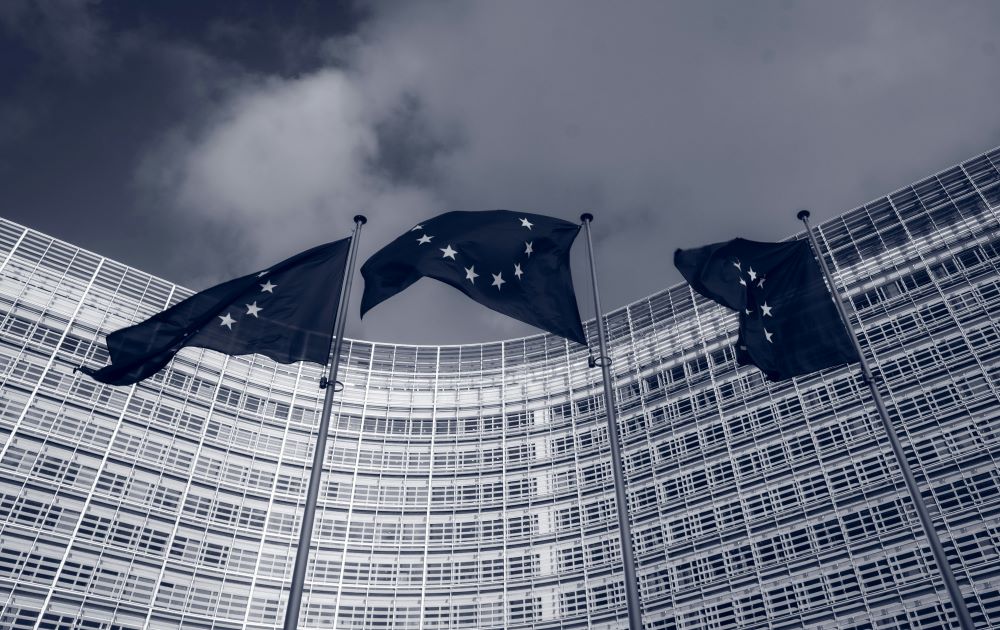The European Commission has given the green light for a substantial investment of approximately €4.6 billion ($4.94 billion) by the German government to support 24 hydrogen projects within the country. This announcement, made by the economy ministry, underscores Germany’s commitment to leveraging hydrogen technology for its decarbonization efforts.
With an overall budget of €8 billion, these projects have been sanctioned under the Important Project of Common European Interest (IPCEI) framework. They aim to enhance green hydrogen production, as well as develop the necessary transport and storage infrastructure to facilitate industrial application of the fuel. This initiative is pivotal for Germany, Europe’s largest economy, as it seeks to integrate green hydrogen into its energy matrix.
Green hydrogen is central to Germany’s strategy to achieve carbon neutrality by 2045. It is viewed as a crucial energy medium to fill the renewable energy gaps and to substitute fossil fuels in sectors where electrification is not feasible, such as steel production and chemical manufacturing.
This move follows Germany’s adoption of a new hydrogen strategy last summer, which outlines the nation’s approach to hydrogen production, transportation infrastructure, and market integration. Furthermore, in November, Berlin detailed its plans for a core hydrogen network, which will span over 9,700 km (approximately 6,000 miles) and is projected to cost about €20 billion ($21 billion) by 2032. This extensive network is set to play a key role in Germany’s broader efforts to transition to a more sustainable and environmentally friendly energy system.



